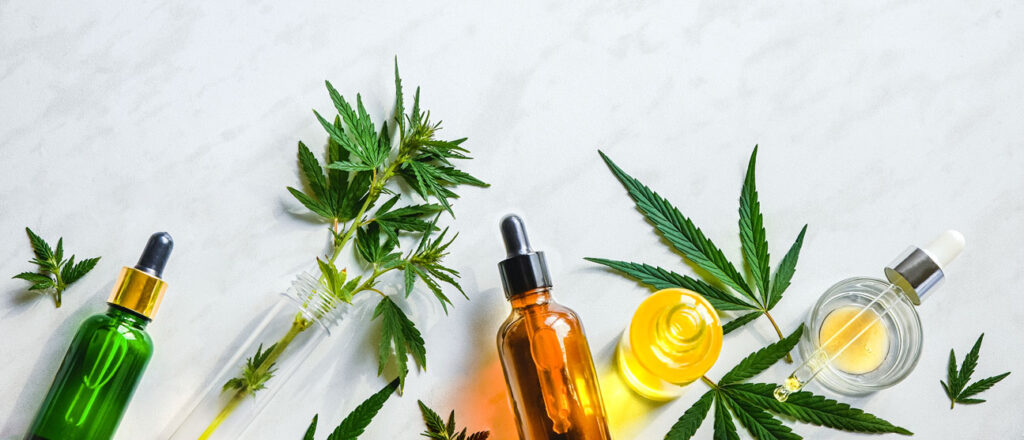CBD has been touted as a treatment for epilepsy, but its benefits are not yet proven. Some physicians are experimenting with CBD for intractable cases of epilepsy. But despite the success of some trials, the F.D.A. has yet to approve any drugs containing CBD. In order to obtain approval for CBD, real trials must be conducted with top epilepsy experts.
FDA has warned companies not to make false claims for cannabis products. It also noted that some products contain little or no CBD, despite the label. One study published in JAMA found that almost half of the CBD-labeled products on the Internet contained only a small amount of the substance. Fortunately, there are alternatives that allow companies to claim high amounts of CBD without putting patients at risk of adverse side effects.
The results of one study showed that CBD hemp know as Canapa Light can reduce the flight-or-fight response. The researchers observed a reduction in heart rate, blood pressure, and skin conductivity after administering 600 milligrams of CBD. This dose was higher than the average CBD gummy available in the market. In addition, the study found that CBD was able to normalize some brain regions during schizophrenic episodes.
Another study found that CBD cannabis does not cause seizures. The study included an eight-week trial of CBD in children with epilepsy, which involved a group of eight children. The other group was given sugar pills as a placebo. In the CBD group, half of the children experienced complete seizure aversion, while three experienced seizure intensity reductions.
This study was limited by several factors, including heterogeneity in the patient population and a variety of medical cannabis preparations. Its findings have important international implications, but they must be further evaluated in order to assess the impact of CBD on different patients. For example, more research is needed to determine whether CBD is effective for patients with severe conditions.
The research also suggests that CBD may help recovering opioid addicts avoid relapse. It appears to have the ability to reduce anxiety and craving, which are major triggers for relapse. Additionally, it does not act as a gateway drug, making it a viable new weapon in the battle against the opioid epidemic.
The research also shows that CBD cannabis is a very effective treatment for anxiety and depression. Despite its high potential, its effectiveness remains controversial. As a result, many consumers are still unsure of how much it helps. In any case, expectations must be kept in mind while making decisions regarding CBD use.
In general, CBD has a high price tag. The market will reach a total of $31 billion by 2021. While cannabis flower remains the most popular category, edibles and concentrates are gaining in popularity as markets mature.

